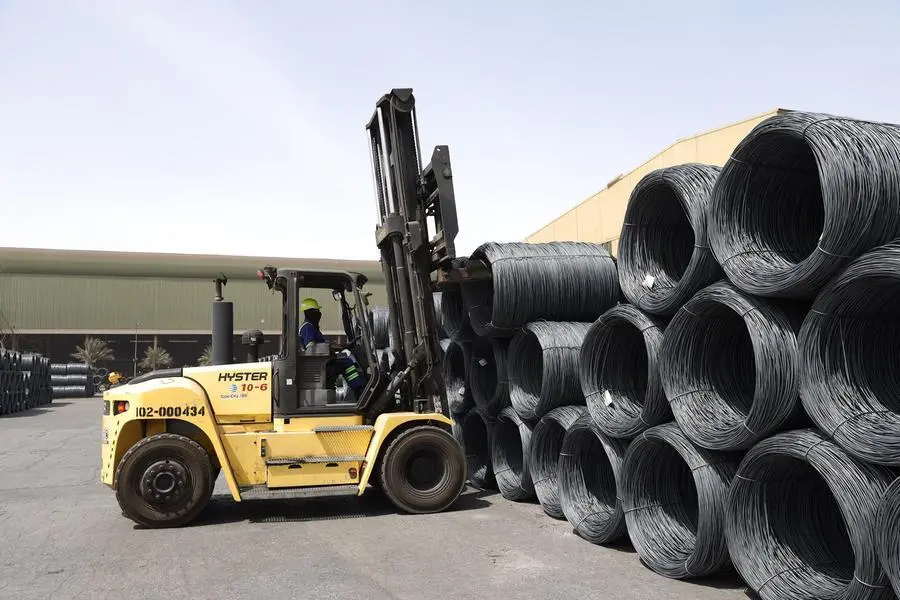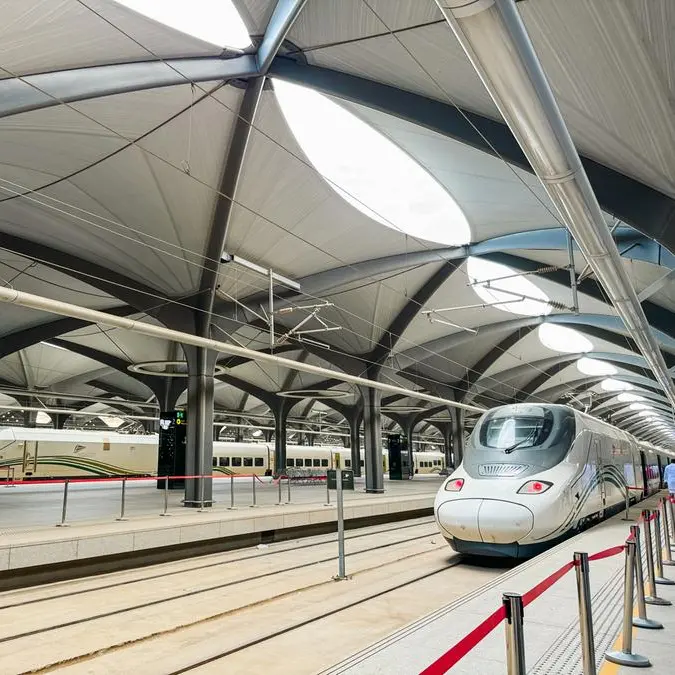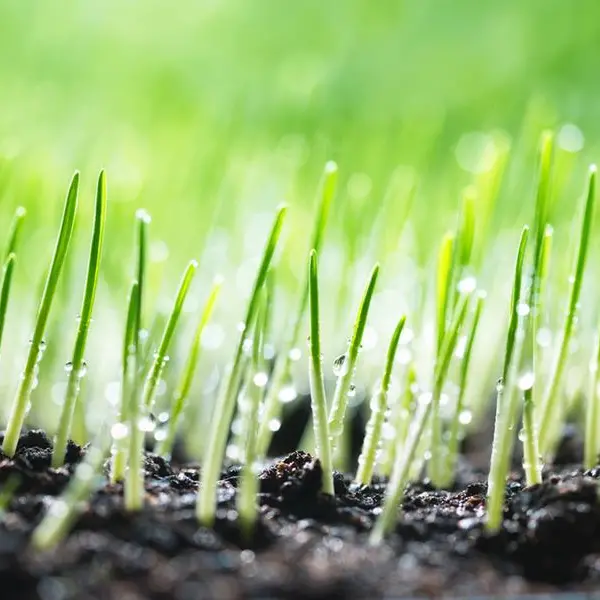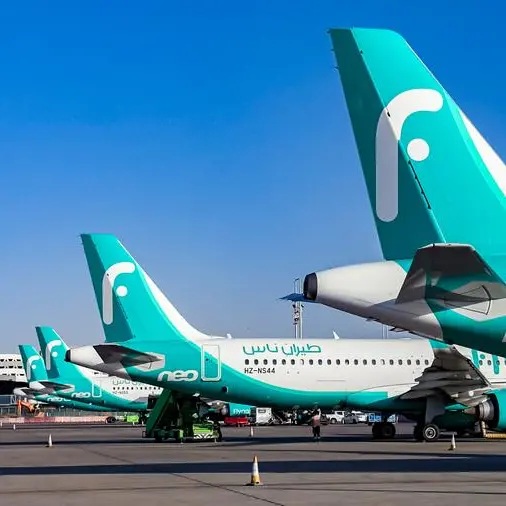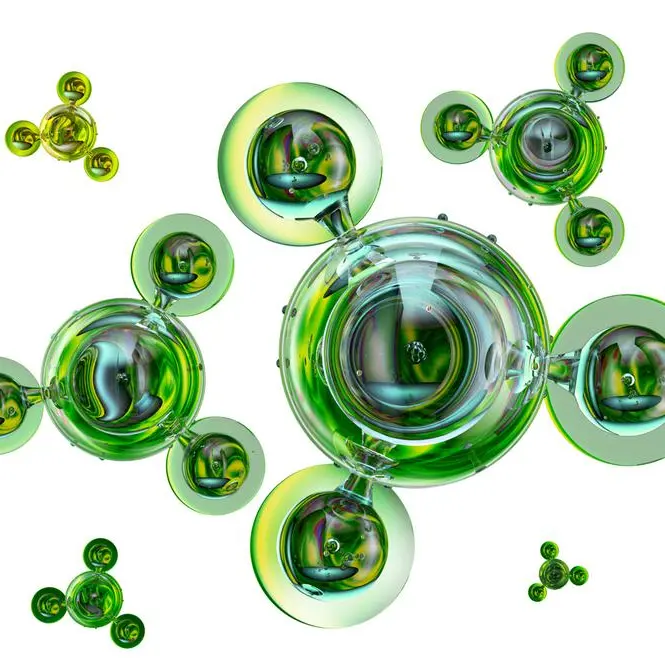PHOTO
(UPDATE: Details on procedure outlined by Saudi customs for exemption from rules origin duty added in paragraphs 7,8 and 9)
Emirates Steel Arkan (ESA), the UAE's largest steel and building materials manufacturer, has received an exemption from Saudi Arabia on the 15 percent rules of origin duty, an industry source aware of the details said.
“A formal letter was issued by the United Arab Emirates Federal Authority for Identity, Citizenship, Customs & Port Security yesterday (20 October 2022) stating that ESA has been granted a duty exemption for the Saudi market for the sale of steel products,” the source told Zawya in an exclusive.
“The statement said that Saudi Customs has decided on the exemption based on its visits to the ESA plant between 27 to 30 July 2022.”
On Thursday, 20 October, Zawya Projects had reported that that the 15 percent duty had impacted GCC steel exports to the Kingdom.
“The duty continues to remain on the rest of the industry,” the source clarified, noting that ESA is the only player exempt at the moment.
"Though we expect others may follow in the long run," he added.
In January 2022, the General Authority for Zakat, Tax, and Customs Authority (ZATCA) had issued an updated 48+ pages booklet, which outlined the guidelines and procedures, especially, for GCC mills to provide conformity of the origin of the raw material, quality, etc to get exemption from the duty on steel products.
“The Saudi authorities will then conduct an inspection of the prominent mills. They will issue compliance guidelines and it will take an additional two to three month waiting period. After which, they might get the exemption,” said Steevan D’Souza, Vice President, Reliant International Group, which produces and exports steel billets, wire rods and slabs as well as petrochemical and oil products..
“The first release of the booklet was on 25 October 2021; it was updated and circulated again during the first week of January this year,” he said
On 26th September, state news agency WAM reported that ESA is partnering with Japan’s ITOCHU Corporation and JFE Steel Corporation to study the feasibility of a ferrous raw material production facility in Abu Dhabi. The material would initially be produced through an enhanced decarbonised process using natural gas to reduce the iron ore with provisions for the adoption of renewable energy power sources, as well as green hydrogen for the reduction process.
In the context of the COP 27 summit in Egypt next month, ESA's project aligns with the Saudi governments long term view on decarbonisation of hard to abate industries like steel. Saudi Minister of Investment Khalid Al-Falih recently highlighted that CO2 emissions of the Kingdom’s iron and steel plants are 60 percent lower than global average due to the use of natural gas and electricity instead of coal in the production processes.
(Reporting by Sona Nambiar; Editing by Anoop Menon)
